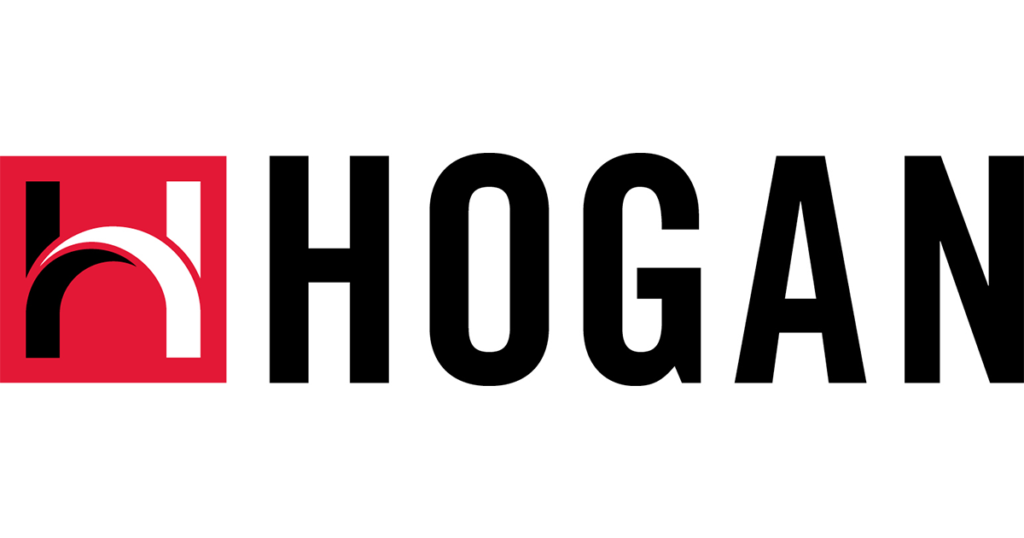
At Hogan we have been warning about widespread use of inaccurate – non-scientifically based – personality tests for decades. When poorly developed hiring assessments are used in high-stakes settings they are damaging to both the individuals being tested and the organizations using them. A newly released HBO Max film highlights the critical importance of using scientifically valid, accurate, and fair personality assessments, like those developed at Hogan. Hogan has always prioritized accuracy, fairness, and constant validation of our assessments above all other factors. On issues of accuracy and fairness, we do not compromise.
At Hogan, we watched the new film with great interest. It discussed many concerns with personality testing and even Industrial/Organizational Psychology as a whole. Unfortunately, the basis for many of those concerns is inaccurate, but we applaud the film’s main premise, which is that non-scientific and discriminatory testing in any form should not be used to make hiring decisions. That point resonates with us. The film also discusses several approaches to personality assessment, although it does not differentiate between scientifically valid and nondiscriminatory kinds of assessments and ones that are neither science-based nor fair, which is disappointing.
Alternatives to hiring assessments
While the film is highly critical of personality assessments, it also never considers the alternatives to personality testing. That is, what if personality tests were not allowed? Two of the most common ways to evaluate job candidates today are the resume review and the interview. It is well-documented that resumes, which contain the applicant’s name and other background characteristics such as schools attended, are subject to discrimination during the review process because a candidate’s sex, gender, and race are often implicitly revealed. And, of course, interviews provide a wealth of information about a candidate’s demographic factors that are not relevant to job performance. As a result, both resume reviews and interviews are well-known to be potential sources of bias and discrimination in the hiring process. The strength of scientifically constructed personality tests is that they are blind to matters of sex, race, gender, sexual orientation, etc. In fact, personality tests have been consistently shown as one of the fairest ways to evaluate candidates for jobs.
The reality is that employers must make judgments about job candidates. The key question omitted by the film is: what is the best way to make those judgments that are both accurate and fair? Abandoning personality testing in favor of resumes and interviews is a recipe for more bias and discrimination. While we appreciate the film drawing attention to the vast array of unscrupulous and harmful test providers on the market, we are disappointed that it failed to recognize the many test providers who provide a fair and accurate way for individuals to be evaluated as job candidates.
We (and many researchers unaffiliated with Hogan) have published research on the accuracy and fairness of our assessments for years. That research is easily accessible to anyone who wants to do their homework on well-developed, appropriately used personality assessments. When considering personality assessments, we urge any potential user to review the research on which they are based and to become fully educated on their appropriate use.
Related Content: Why Free Personality Tests Aren’t Worth the Price